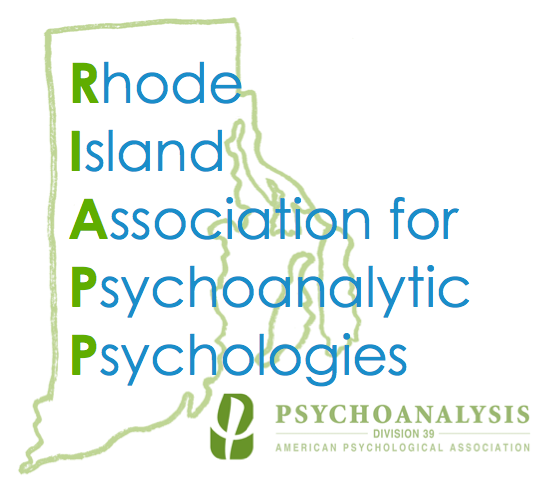This lecture will take place virtually, via zoom. You must preregister to attend this event
1.5 Continuing Education Credits
Mentalization-Based Treatment (MBT) is an evidence-based approach to psychotherapy which draws from attachment theory and the psychodynamic relational synthesis in order to bolster a patient's resiliency, reflective capacity, and curiosity about their own mind and the minds of others. Initially developed for the treatment of borderline personality disorder, MBT is being investigated in the treatment of diverse conditions including trauma, eating disorders, narcissism, and antisocial personality disorder. A core component of MBT is the therapist's ability to communicate an understanding of the patient's subjective experience in a way that allows the patient to feel understood and valued. This feeling of understanding and connection is thought to enhance the patient's ability to learn from therapy and apply these lessons to life outside the therapeutic encounter.
Learning objectives:
At the conclusion of this program, participants will be able to:
1. Recognize the characteristics of good or poor mentalizing within a therapeutic encounter.
2. Apply the principles of MBT to enhance a patient's mentalizing capacity.
3. Explain the relevance of epistemic trust to a therapeutic relationship.
4. Distinguish MBT's from other psychodynamically-informed treatments in its approach to interventions in therapy.
Biography:
Paul Baker, MD is a psychiatrist at Butler Hospital working primarily with young adults in a Partial Hospital Program and outpatient setting. Dr. Baker is an Assistant Professor of Psychiatry and Human Behavior, Clinician Educator at the Alpert Medical School of Brown University, where he completed residency in general psychiatry. He also serves as a psychotherapy supervisor for the psychiatry residency and teaches Brown medical students as a Clinical Neurosciences Clerkship preceptor.
References:
Bateman, A., & Fonagy, P. (1999). Effectiveness of Partial Hospitalization in the Treatment of Borderline Personality Disorder: A Randomized Controlled Trial. American Journal of Psychiatry, 156(10), 1563–1569. https://doi.org/10.1176/ajp.156.10.1563
Bateman, A., & Fonagy, P. (2009). Randomized Controlled Trial of Outpatient Mentalization-Based Treatment Versus Structured Clinical Management for Borderline Personality Disorder. American Journal of Psychiatry, 166(12), 1355–1364. https://doi.org/10.1176/appi.ajp.2009.09040539
Egyed, K., Király, I., & Gergely, G. (2013). Communicating Shared Knowledge in Infancy. Psychological Science, 24(7), 1348–1353. https://doi.org/10.1177/0956797612471952
Fonagy, P., & Allison, E. (2014). The role of mentalizing and epistemic trust in the therapeutic relationship. Psychotherapy (Chicago, Ill.), 51(3), 372–80. https://doi.org/10.1037/a0036505
Markin, R. D. (2013). Mentalization-based psychotherapy interventions with mothers-to-be. Psychotherapy (Chicago, Ill.), 50(3), 360–5. https://doi.org/10.1037/a003199

